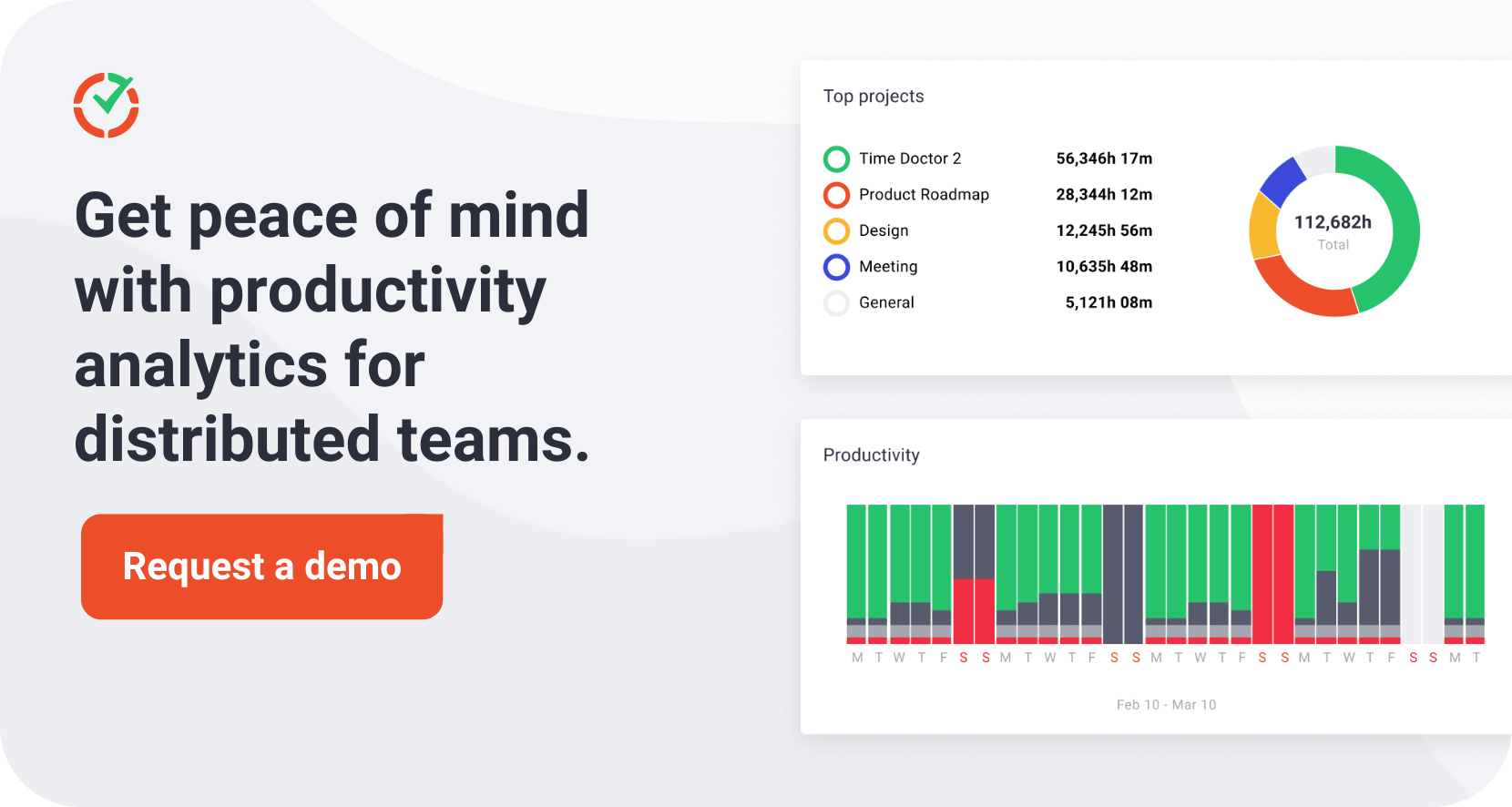45
Workplace dynamics have modified significantly because the world tries to adapt to the post-pandemic environment. Despite the fact that lockdowns began 4 years ago, the work-from-home trend remains to be prevalent, albeit with changing subtleties. Latest “Workplace Index 2023” by Eptura explores this changing environment in great detail and provides invaluable insight into how office dynamics and work culture are changing.
Reviving human interaction
In accordance with Eptura’s data, there was a noticeable increase within the variety of in-person interactions, exceeding pre-pandemic levels when it comes to visits and check-ins by office location. This comeback highlights the continued importance people place on personal relationships and indicates a desire to collaborate and reconnect in the actual world.
Advancement of private cooperation
The common variety of days planned within the office increases from yr to yr, which is an interesting conclusion from the study. This trend dispels the notion that employment is shifting entirely toward distant work and as a substitute represents a growing preference for in-person collaboration. It emphasizes the irreplaceable importance of face-to-face interactions in promoting creativity and cooperation.
Mid-week office dynamics
The study found that Tuesdays, Wednesdays and Thursdays are the preferred days for workers to come back to work midweek, which also suggests that as of late are strategically preferred for office meetings. These findings provide necessary direction for planning and allocating resources, maximizing efficiency and productivity.
Adopting proactive facility management
Asset-dependent firms must implement proactive maintenance techniques in light of fixing workplace dynamics. To take care of operational continuity and value efficiency, firms should place more emphasis on preventive measures than on reactive maintenance.
Sustainable development needs
The important thing role that sustainability plays in today’s workplace management goes beyond operational efficiency. By implementing more efficient space use and asset management strategies, firms can significantly reduce CO2 emissions from their buildings, promoting social responsibility and environmental stewardship.
Navigating hybrid work trends
The complex nature of hybrid work models requires flexible solutions in response to changing demand for office space. While in some areas there’s a return to office culture, in others distant work is preferred, which emphasizes the necessity for adaptation and adaptability in managing the work space.
Using technology to extend connectivity
Constructing managers and owners can increase decision-making efficiency and connectivity through using technology. Real-time data provided by guest management systems provides invaluable insight into how space is getting used, enabling resource allocation and operational efficiency.
Application
Eptura’s 2023 Workplace Index is a compass for firms navigating the dynamic terrain of office dynamics and work culture. It guides stakeholders towards strategic adaptation and informed decision-making.
Corporations can create resilient and versatile workplaces that foster collaboration, creativity and sustainability within the digital age by adopting proactive facilities management practices, prioritizing sustainability imperatives and leveraging technological advances.
